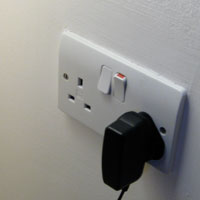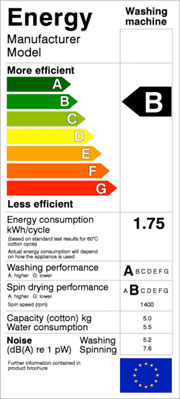The blog post about working from home got me thinking and after seeing the Act on CO2 ad on the TV I came up with today’s post. You can really help to reduce your energy consumption and carbon footprint by taking more journeys on foot rather than by car.
There are lots of advantages of walking to work or walking to the shops. However, they may not be so tempting now that the weather has taken a turn for the worse!
Health and Exercise – walking is a great way of improving your general fitness. Rather than sit motionless behind the wheel, get a sweat on and burn off some calories!
Stress – does heavy traffic and traffic jams make you feel frustrated? Leave the car at home and relax on your way. It may take longer to get there but the journey will be much more enjoyable.
Talk and Walk – unlike driving, you can use your mobile when you are walking. Catch up with your mates or give your mum a call – don’t use a bluetooth headset though because everyone you walk past will laugh at you.
Music – get your ipod on and rinse out some of your favourite tunes or podcasts – just make sure you watch out for cars when you cross the road!
Save money – cars are pretty expensive beasts! After the money you have spend on the car, insurance and road tax – each time you use it you will be spending cash on petrol and car parking too.
So.. what are you waiting for? Give your car the day off and get walking!


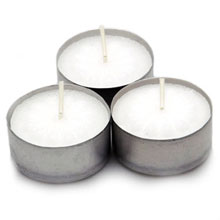


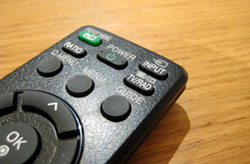
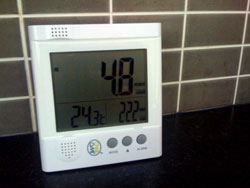 I purchased the
I purchased the 
